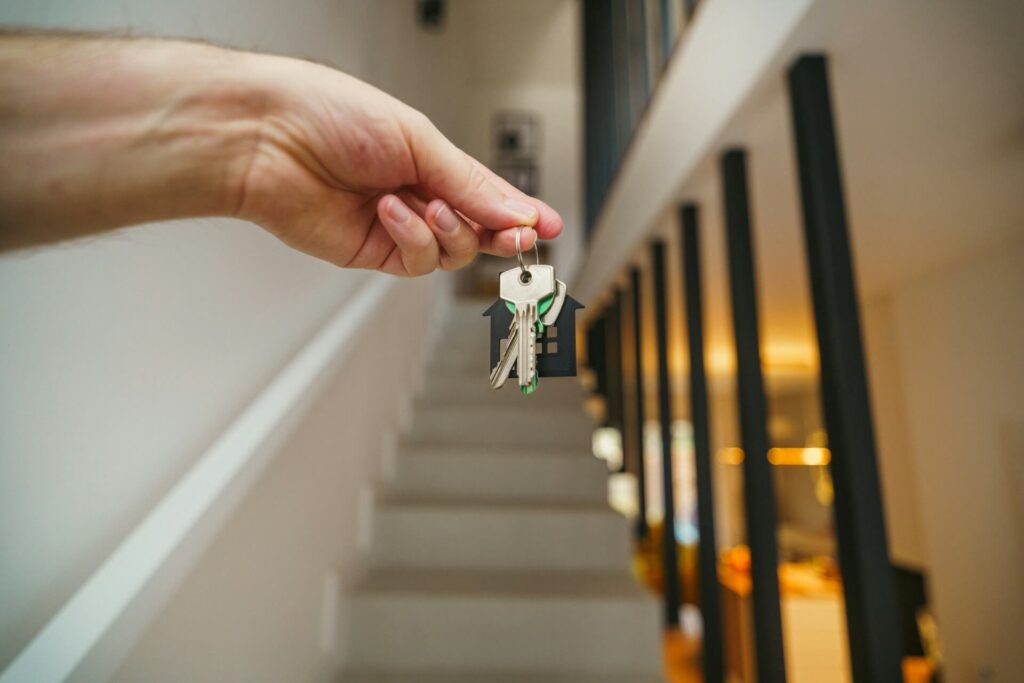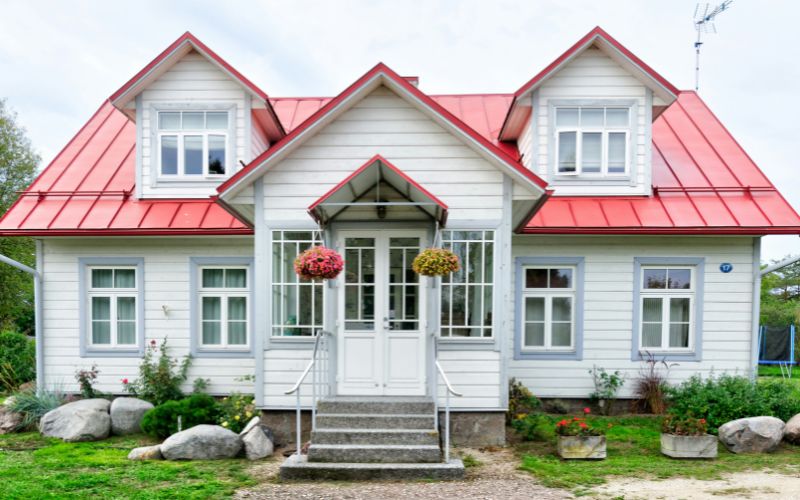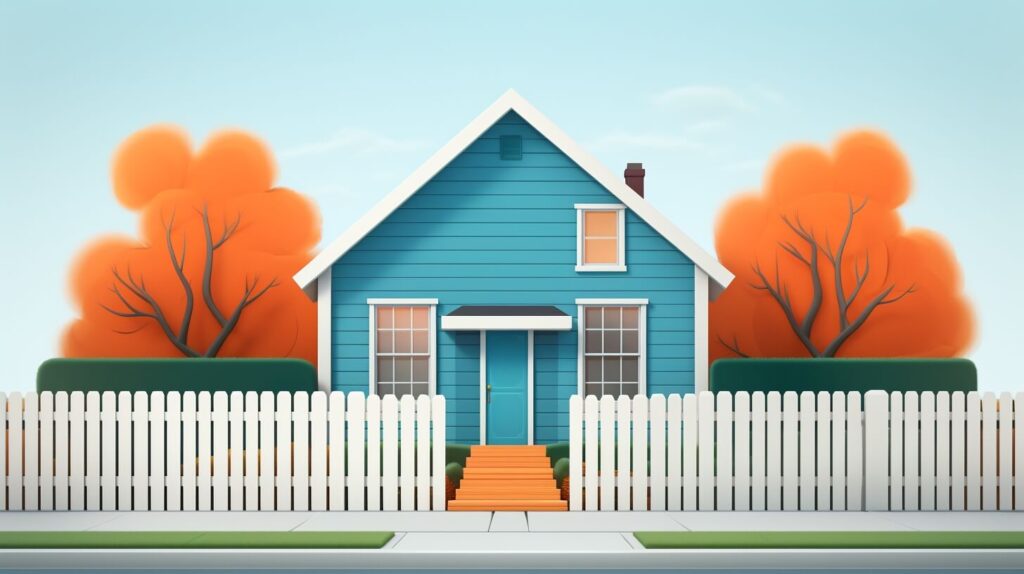
We are reader-supported. When you buy through links on our site, we may earn an affiliate commission.
If you love natural caves, hot springs and parks and want to move close to the wild, you may want to relocate to the south. Arkansas has a lot to offer to people looking for an amazing place to live with mild weather, great food, a front-row view of the stunning natural resources and a broad range of activities to enjoy life.
This state also has a less expensive cost of living compared to the national average and affordable home prices. Find out how much you need to live comfortably in Arkansas, from rent and utilities to health care and groceries.
How Much Is the Income in Arkansas?

The average annual salary in Arkansas in 2024 is $63,314 or $5,276 per month. Most residents earn between $44,050 and $66,743 annually, while top earners take home up to $136,157.
Conway, Bentonville, Rogers, North Little Rock and Lewisville are the top five cities with higher-than-state-average salaries. These cities offer at least a $28.99-$33.05 per hour rate for some jobs. The top earners are people with jobs in the medical field, including hematologists, medical oncologists and obstetrical anesthesiologists.
How Much Is the Cost of Living in Arkansas?
The cost of living index in Arkansas is 90.6, which is below the national average of 100. Housing, tax-friendly regulations and lower costs for health care, utilities and food make Arkansas the state with the 11th lowest cost of living index among the 50 states and Washington, D.C. The minimum hourly wage is $11, but the livable wage is $15.55.
The total cost of living in Arkansas with rent for a single person is $1787, including utilities and food. For a family of four, this racks up to $4417 monthly. However, there are several places you can live with lower average costs.
The best cities to live in Arkansas with less than $1600 average cost of living per month are:
- Hot Springs: Average $1,325 monthly cost of living
- Fort Smith: Average $1,422 monthly cost of living
- Conway: Average $1,516 monthly cost of living
- Russellville: Average $1,543 monthly cost of living
The monthly living costs in the two largest cities, Little Rock and North Little Rock, are $1,756 and $1,836, respectively.
How Much Are Home and Rental in Arkansas?
Like any area, rent prices vary widely in Arkansas. However, the median rent for all bedrooms and property types is $1,395, slightly lower than the national median rent.
Little Rock, the state capital, has an average rent of $1,046 for an 892-square-foot apartment. The three cities with the most expensive rentals are Fayetteville, Bentonville and Rogers, due to their location and higher demand for housing. You can find lower rent in Jacksonville and Fort Smith at $736 and $827 monthly on average.
Arkansas’s median housing prices are lower than the national average. In the U.S., the median home sale price in 2024 is $412,300. In Arkansas, an average single-family home is around $209,299, 57% of the national average. For this reason, Arkansas is the fourth most-friendly state for home buyers. It’s also where you can find the highest income-to-home-value ratio.
How Much Is the Health Care Cost in Arkansas?
Location is a beneficial factor in determining the cost of health care insurance. The national average cost of health care insurance in 2024 for a 40-year-old person on a silver plan is $584 per month. It’s a 4% increase from 2023’s average cost of $560.
In Arkansas, the cost of health insurance increased to $461, a 1% raise from last year’s state average rate of $456.
How Much Is the Grocery Cost in Arkansas?

Arkansas is among the top 10 states with the cheapest expenditures for groceries. The average cost of groceries per person in Little Rock, Arkansas, is $282.46. You can buy milk, bread and eggs here from $3-$4 each.
How Much Is the Utilities Cost in Arkansas?
The national average spending for utilities is from $538.03 to $613.03 per month, including electricity, water, internet, phone bills and streaming services.
In Arkansas, the monthly utility cost is only around $498. A typical utility bill for the average resident might have the following estimated expenses:
- $133.78 for electricity
- $100.90 for natural gas
- $26 for water
- $37 for waterwaste
- $56 for streaming services
- $30 for internet
- $114 for phone bills
How Much Is the Transportation in Arkansas?
Arkansas has rural and urbanized public transit systems that ply throughout the state, serving millions of passengers daily. Residents commonly use buses. Fares depend on the destination and the transit authority operating the service. For example, Fort Smith Transit, which offers fixed route services within the city limits, charges $1.25 for a trip. Older people pay only 50 cents, while Veterans and children under 7 are free. Monthly passes are available for $35, while students under 18 can get them for only $20.
Getting around the state is easy, with a number of public transportation systems operating within major city areas and to other counties.
How Much Is the Education Cost in Arkansas?
Another important thing to know about when relocating to Arkansas is the college tuition fees. A public 4-year institution costs $19,470, 13.04% less than the national average cost. Meanwhile, the tuition fee for a private college is $33,930, 31.67% less than the national average.
Compared to major states, a college degree is more affordable in Arkansas. Public and private institutions offer tuition fees that are lower than the national average.
How Much Are the Tax Rates in Arkansas?
In the last 24 months, state officials have signed four rounds of tax cuts. The most recent change, which took effect in January 2024, lowered the top corporate income tax from 4.8% to 4.3% and the top individual income tax from 4.4% to 3.9%.
The state’s budget mainly comes from sales tax. The base state sales tax is 6.5%, which can be unfavorable for lower- and middle-income residents. Combined with local sales tax rates, it would average 9.45%. Arkansas doesn’t have an inheritance or estate tax.
Compare your current tax rates to this and see if moving has a positive or negative impact on your taxes.
Is It Expensive to Live in Arkansas?

Overall, Arkansas is one of the most affordable states to live in. With lower than the national average for rent, health care, utilities and groceries, you can live comfortably here and enjoy the high lifestyles of Californians and Hawaiians for a lower cost.
Moreover, the average home sale price in Arkansas is far below the national median. Buying a home here sounds can be an excellent financial investment, giving you a high income-to-home-value ratio.
How Much Money Do You Need to Live in Arkansas?
The livable wage in Arkansas is $15 per hour. As discussed above, a single person will need around $1780 per month to cover basic needs, such as rent, utilities, food and transportation. A family of four will need $4266 monthly to pay for the exact needs.
A greater income will allow you to elevate your lifestyle to include other expenses, such as gym memberships, purchases of clothes and luxury goods, spa services and more.
Where Is Arkansas Ranked in Cost of Living?
On the list of the country’s most expensive states to live in, Arkansas is ranked 41st — which means it’s definitely on the more affordable side. Other affordable states include Arkansas’s neighbors Mississippi, Oklahoma and Kansas.
Should You Relocate to Arkansas?
When moving to another place, you have to consider at least four things — the cost of living, neighborhood safety, the proximity of the medical facilities and if the new area can support the lifestyle you want.
Financially, Arkansas is a good place to live, but you need to factor in other equally essential things that determine high-quality living, like access to health care in case of emergencies. You can take a week-long vacation to get a feel for what it’s like to live in Little Rock. If you feel everything you want here is here, relocating could be a good idea.
Original Publish Date: Juy 19, 2023 — Updated October 25, 2024







